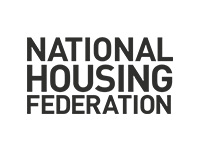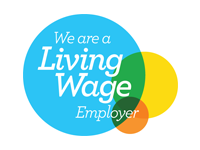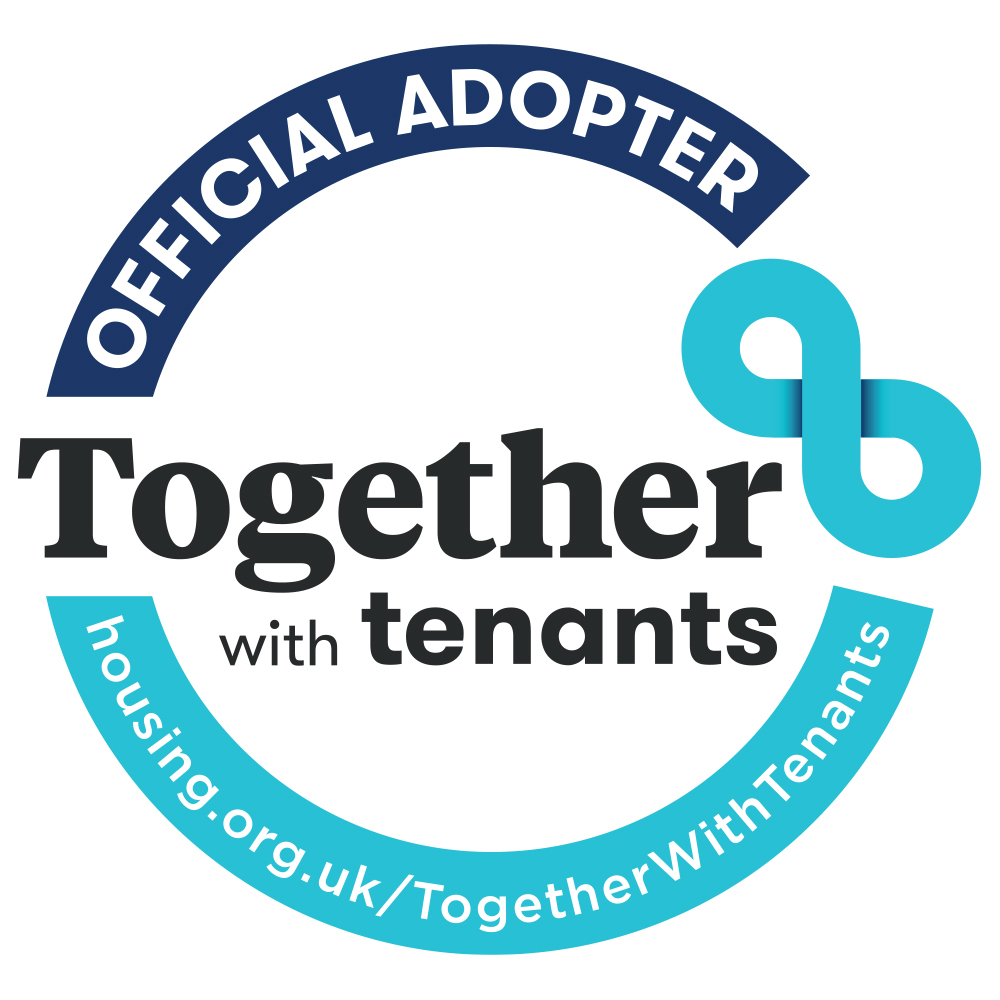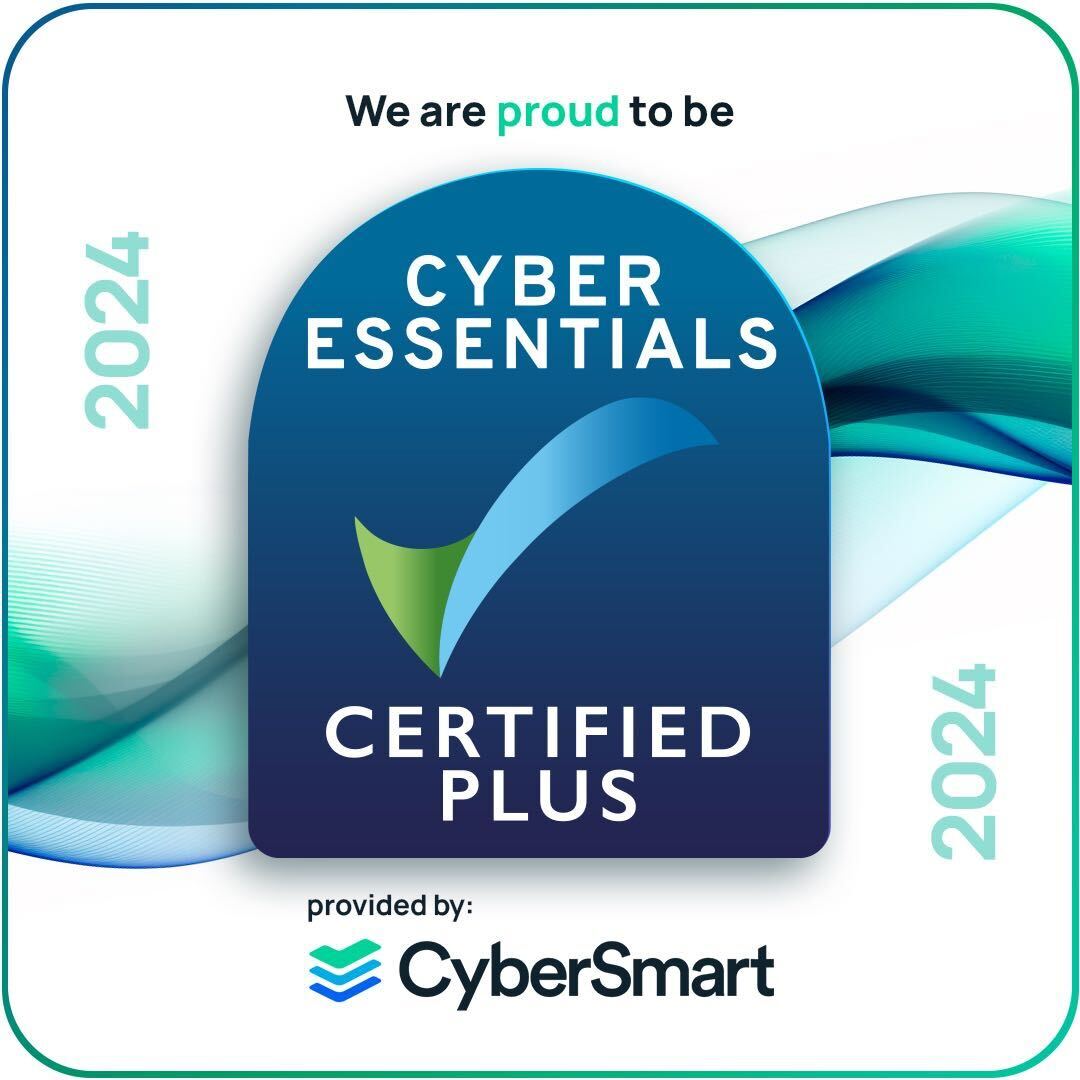Your Tools
Events over the last few years have led many of us to adopt a hybrid way of life and, as a result, we’re spending an average of 22 minutes more every day using the internet to work, shop and play than we were in 2021, according to the Ofcom Online Nations report.
But with more and more time spent online, there's a greater chance that you may fall victim to cybercrime. Whether it's accidentally handing your details over to hackers through a phishing email to having your identity stolen, it's important to be vigilant when online.
Following these golden rules can help you stay safe online and avoid becoming the victim of cybercrime.
Social Media
Social networking makes it easy for us to share our lives and keep in touch with friends and family. But it’s important to think about what you’re posting online – and who might be able to see it. Whenever you post, like, comment or share online, you leave a trail of information behind. This is known as your ‘digital footprint’.
Fraudsters can use your digital footprint to their advantage. Oversharing personal details could make you more likely to be targeted by an online scam or leave you vulnerable to things like identity theft.
Keep it private – review your privacy settings across social media sites and online forums that you use. Where possible, set these to private – that way you can choose who sees what you post.
Check website addresses
When shopping online, or visiting websites for online banking or other sensitive transactions, always make sure that the site’s address starts with “https”, instead of just “http”, and has a padlock icon in the URL field. This indicates that the website is secure and uses encryption to scramble your data so it can’t be intercepted by others.
Use strong passwords
Whether you're creating a password for an online shopping service, a social network or even your home wi-fi connection, always remember to;
- Use a mix of upper and lower case letters, numbers and symbols in your password
- Don’t use your maiden name, a favourite football team, pet’s name or other personal info
- Avoid consecutive strings of numbers or letters, such as 123456 or ‘qwerty’ as this are extremely easy for hackers to crack
- Online password generators can be a simple solution if you’re stuck for ideas
Help your elderly or vulnerable relatives use the internet safely
Elderly and vulnerable people can be more likely to fall victim to an online scam or be more trusting towards people they meet online.
Being able to identify a fraudster at work could stop them from becoming a victim themselves. See spot fraud to stop fraud for guidance on spotting scams and visit Think Jessica for more advice on protecting elderly and vulnerable relatives from scams and fraud. If you know the signs, you can make your loved ones aware of what to look out for too.
Be email savvy
Emails are one of the most common ways cybercrime is conducted and while some of these emails may clog up your inbox, which can be frustrating, with no links or attachments, they are pretty harmless.
However, there are plenty that are designed to install viruses on your device, if you open an attachment, or fool you into handing over your username and password to various online accounts, or even your credit card details. These are known as phishing scams.
To ensure you don’t fall victim to one, make sure you never click links in any emails you receive. Instead, always type the URL (website address) into your browser yourself, and then enter your login credentials. Find out how to protect yourself from phishing emails with our in-depth advice.
Keep your devices secure
Secure all your internet-connected devices, from laptops to smartphones and tablets, with a PIN, password or fingerprint or facial unlock. If they’re lost or stolen, the finder can’t access the personal information stored on them.
Don’t forget to log out when you're finished!
Always log out of any online accounts you’ve used on your phone or laptop and most importantly on shared computers, whether it’s banking, email or Facebook. This applies whether you’re accessing them through your browser or an app, and means if the device does accidentally fall into someone else’s hands, they won’t be able to access these accounts.
Quick Links: Sitemap | Privacy | Leaflet Rack | News | Partner with Us | Work with Us
We Are Members Of:








Copyright © 2018 - 2024 · Elim Housing. All Rights Reserved · soVisionIT Web Design
